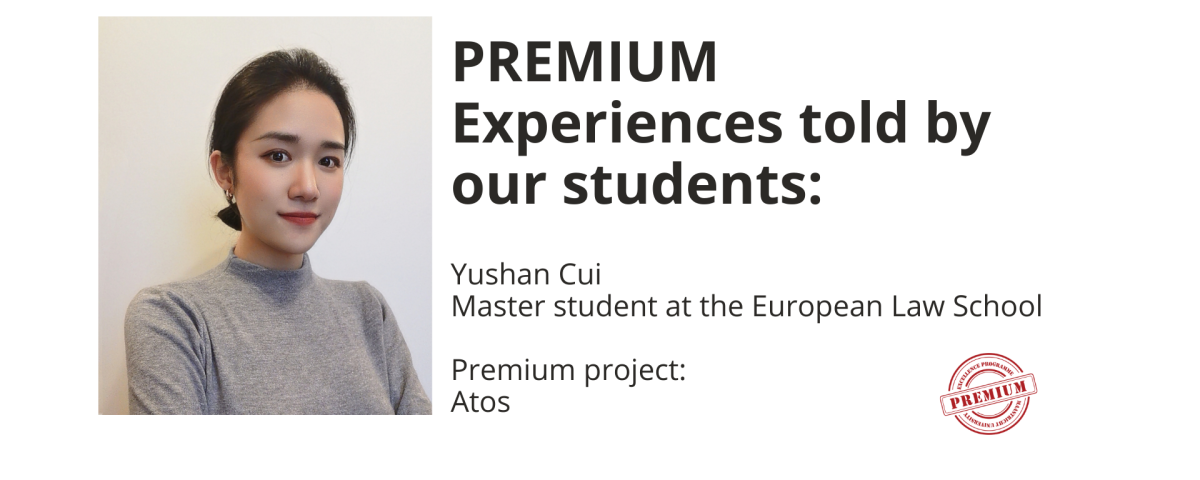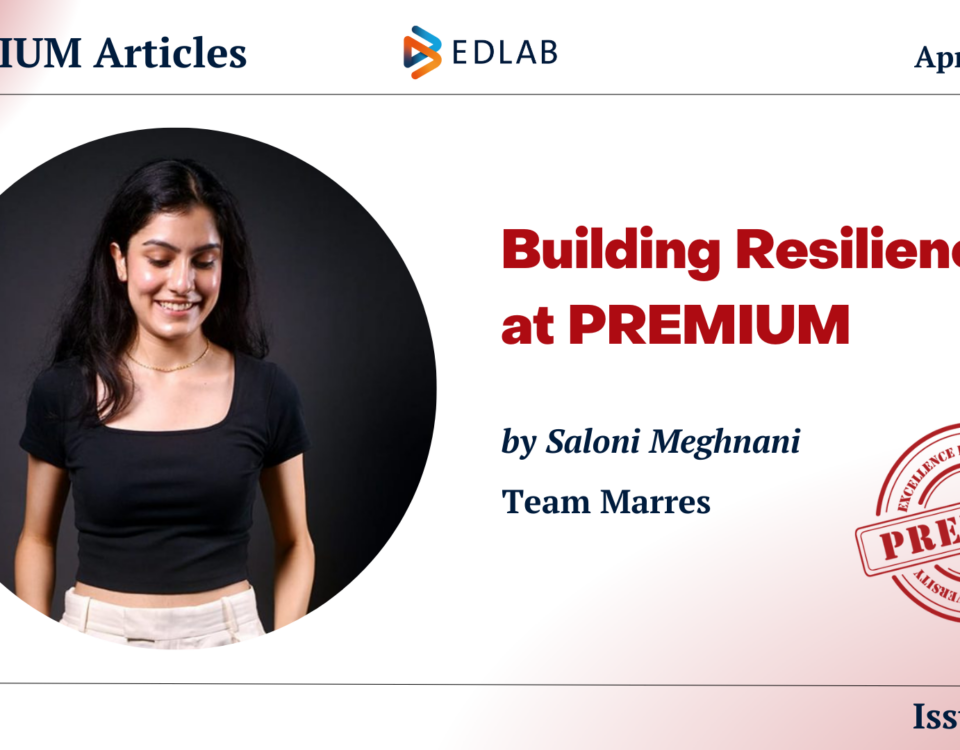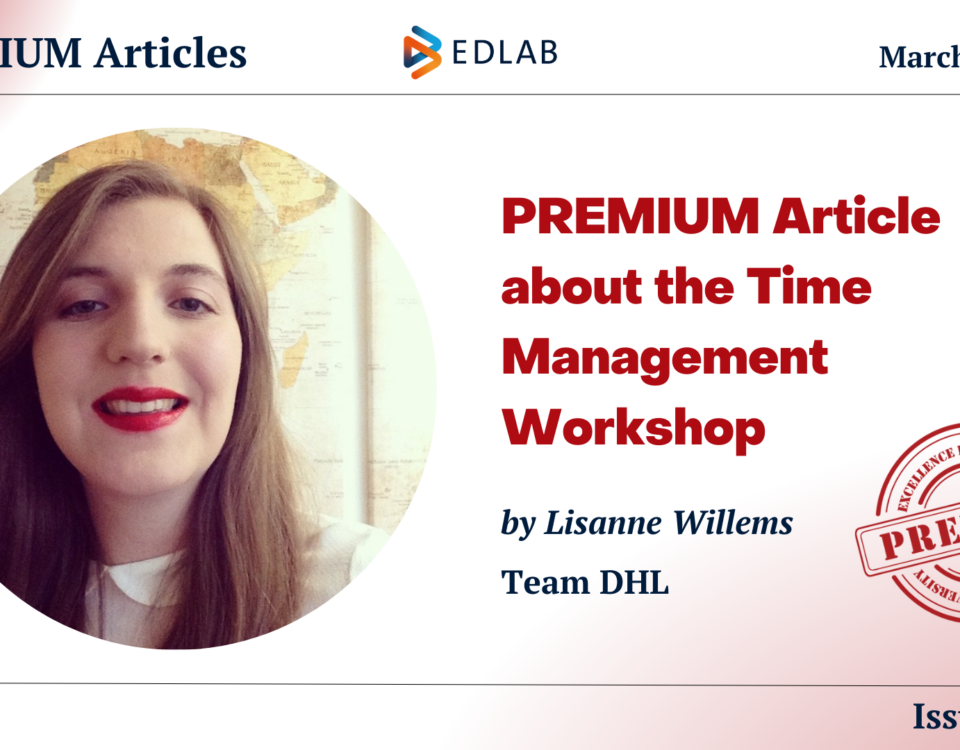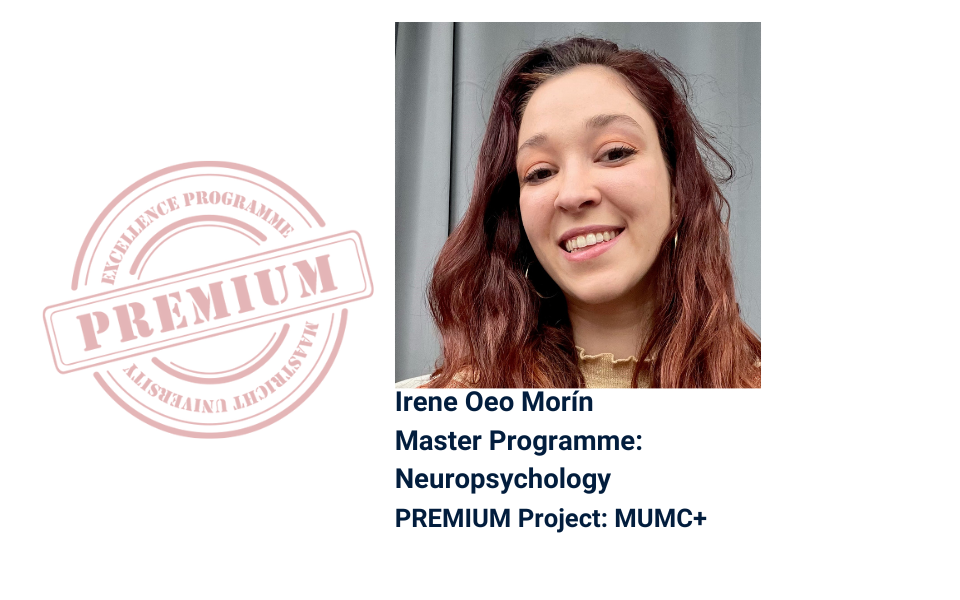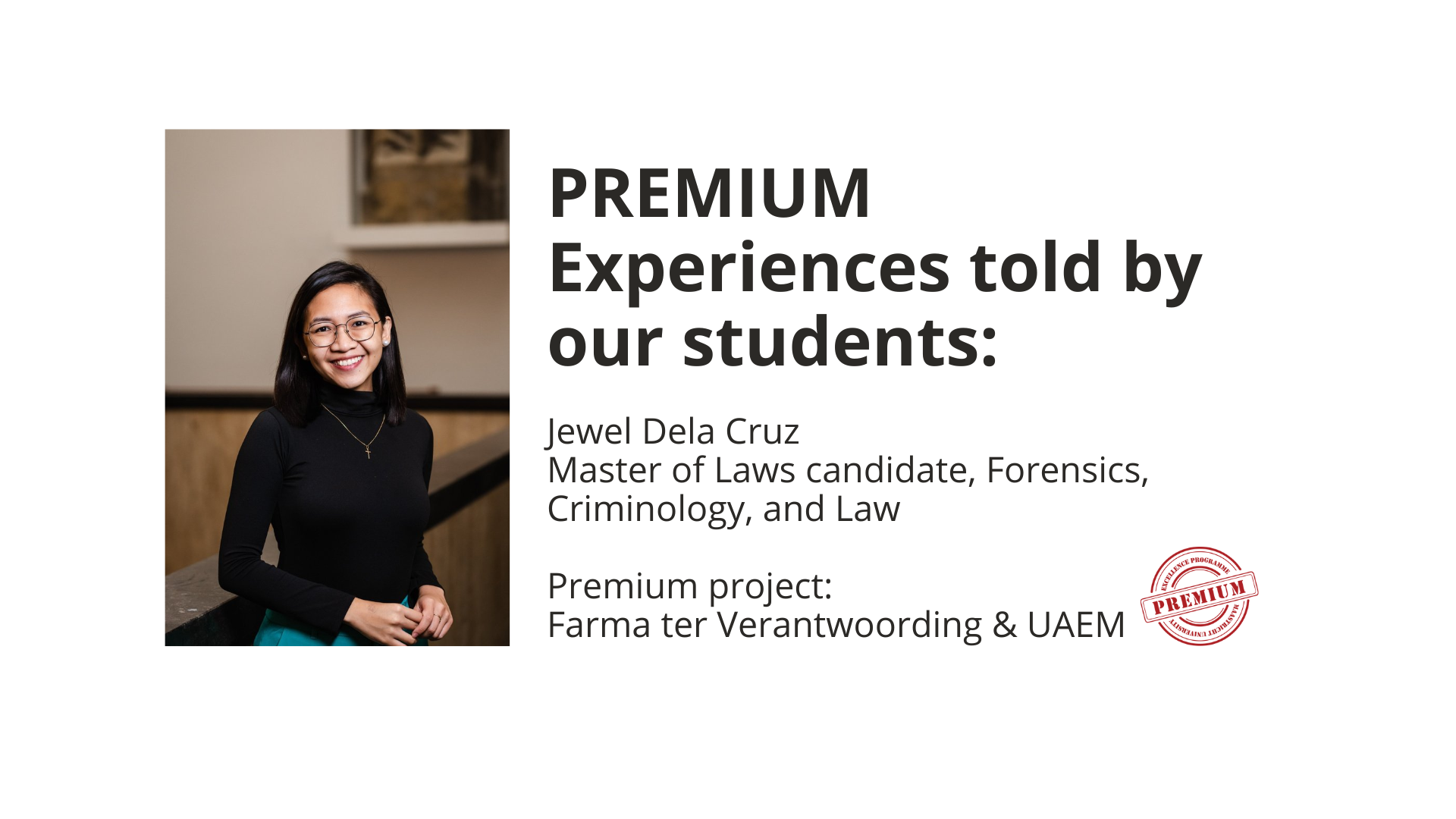
PREMIUM: Choosing, meeting, and working with the client.
21-02-2022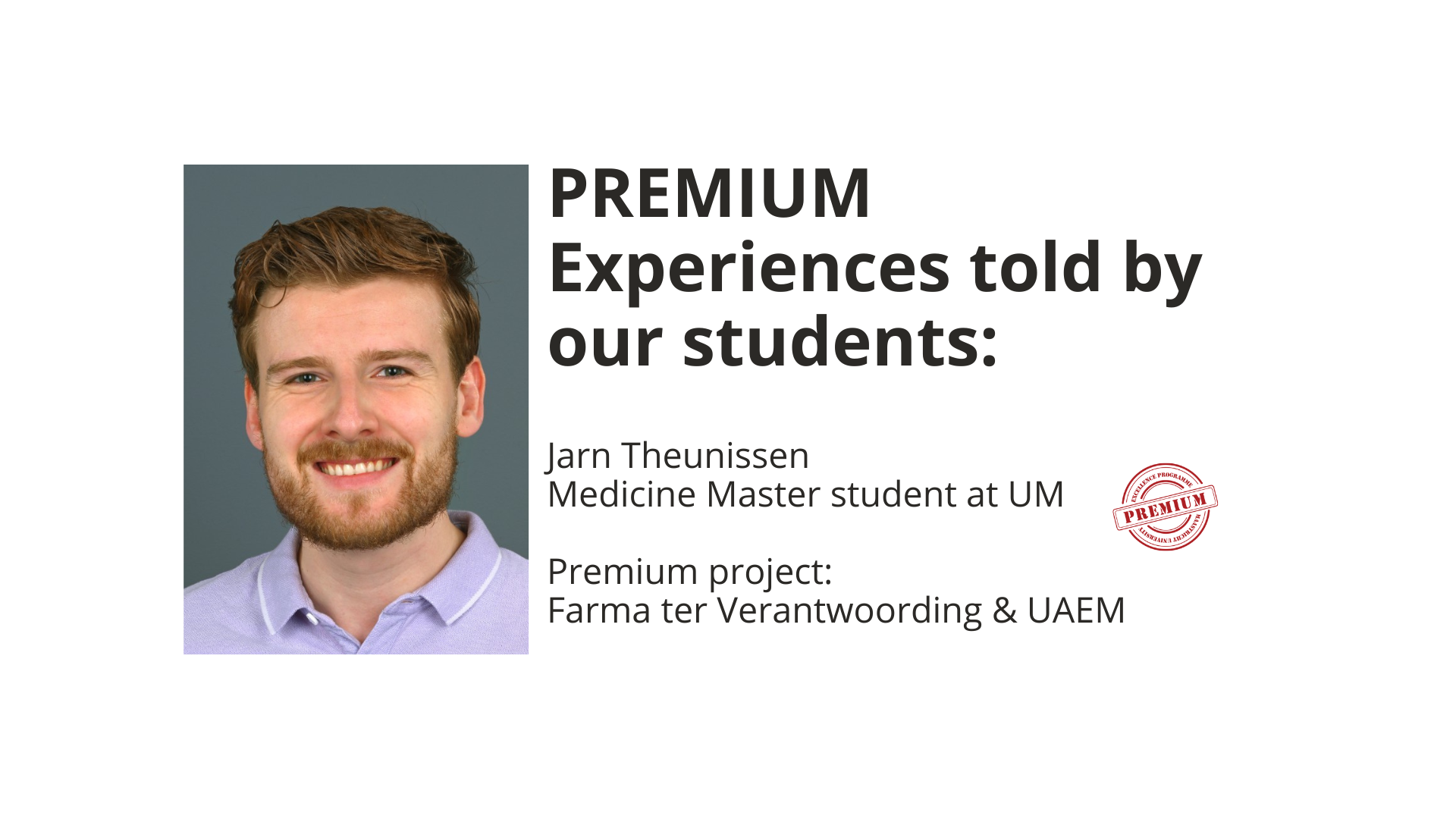
My PREMIUM experience: the Mix & Match Event.
14-03-2022I am Yushan, a Master student who is currently following the one-year programme at the European Law School of Maastricht University. Amongst other reasons, I applied for PREMIUM since it provides experience to build up working skills and to improve personal development. It is quite hard to pick and talk about only one aspect of my PREMIUM experience since from the very beginning, preparing my application until now, I have learned many things – potential assets for future personal and career development. In this short article, I will outline my experience of the Mix & Match event – the very first time I pushed beyond my limits as a PREMIUM student.
During the Mix & Match event, all 21 clients presented their projects to 110 new PREMIUM students online via REMO. The whole event lasted more or less three hours and it was potentially possible to talk to eight or more clients in order to get a clearer idea on the projects before submitting your project preferences. All the interested students who sat by the client’s table presented themselves and expressed their interest in the project. Everyone was a stranger to each other, and everyone got the chance to present themselves, which means the time reserved for each one was very limited. Moreover, the challenge was not only to introduce yourself within one minute, but also, to think of how to be best remembered and stand out amongst around 110 excellent students. Such setting pushed me to be a better version of myself and to try and maximize the value of one minute.
The challenge was not only to introduce yourself within one minute, but also, to think of how to be best remembered and stand out amongst around 110 excellent students. Such setting pushed me to be a better version of myself and to try and maximize the value of one minute.
After hours of conversation, we were quite exhausted and needed to process much information. When every student was gathering in the common room sharing experience, the PREMIUM Central Management Team reminded students that, if they still had questions, they could use the last few minutes of the event to have a short talk with the client. I have to admit, the online event had its advantages. If the event was held on-site, I doubt I would have walked back to the client table to discuss the project topic which I knew little about, and to share my curiosity and opinion. In the online environment, I was comfortable going back, raising my question, expressing my interest, and even having a bit of time to talk more about myself. I was satisfied with my ability to network during the event: in fact, I got the chance to work with my top preference project.
In addition, the PREMIUM Central Management Team has supported us during the event. Moreover, since the beginning of the experience, it has provided opportunities and rooms for self-development and has encouraged students to try and experience what they might not have the chance to experience during a regular course setting. Being a PREMIUM student has already had a large positive effect on my behavior and mentality.
Yushan Cui, Premium Student, Master of European Law

